Seven episodes were provided prior to broadcast.
From Netflix and Marvel’s nocturnal vision of the sprawling New York City streets emerges Luke Cage, yet another tale of revenge and redemption, this time with the Wu-Tang Clan providing boom-bap beats for the bloody beatdowns. Viewers who push all of the adaptation anxiety and Defenders tie-in hype to the side for a moment will find a powerhouse of a show that mixes the provocative fantasy of blaxploitation with the pulpy intrigue of mob warfare to great success.
The fact that Luke Cage exists as a slice of a larger Netflix superhero pie alongside Daredevil, Jessica Jones, and the forthcoming Iron Fist will be the primary appeal to those obsessed with their eventual crossover team-up in The Defenders, but the show serves an arguably greater purpose in that it brings something to the fore that we’ve yet to see from Marvel.
Since Iron Man in 2008, every story in the MCU has been told from the perspective of white people, and in Luke Cage, we finally get a story from a black man’s point of view. The opportunity isn’t squandered; set in Harlem and driven by themes rooted in African-American identity and inner-city issues, the show has a socially and culturally conscious weight to it. Wilson Fisk made Daredevil special, Jessica Jones brought a new brand of mind-f*ck horror to the table, and Luke Cage now presents a hero whose major struggle is with the moral implications of the n-word.
“Real” is the word. The show considers real, relevant issues to the black community, which results in a story that carries a sobering sense of gravity. We pick up several months after we met the super-strong, bullet-proof Luke Cage (Mike Colter) during the events of Jessica Jones, with our muscly hero having now relocated to Harlem from Hell’s Kitchen. He’s laying low, wiping windows and sweeping floors at a barbershop run by a respected neighborhood patriarch named Pops (Frankie Faison). Luke also has a second job as a dishwasher at a nightclub run by Cornell “Cottonmouth” Stokes (a terrific Mahershala Ali), an ego-driven, ruthless crime boss who came up in the same circles as Pops.
[zergpaid]A heist gone wrong eventually incites a bloody conflict between Stokes’ crew and some of the barbershop regulars, with Luke caught in the middle. Bodies drop on both sides, forcing him to stand up out of his leave-me-alone rut and move forward as a beacon of hope for the hurting Harlem community, waging a one-man turf war against the Cottonmouth army.
Colter was a standout on Jessica Jones and continues to make Luke Cage a dimensional, psychologically troubled character who’s more than deserving of his own series. The reluctant crime fighter is confident and tough as nails on the surface but mentally and emotionally rattled to the core, and Colter navigates the complexities of the role effortlessly. Some of the dialogue is distractingly stilted and a too cheesy for the greater tone of the series (“I am the gun,” Luke says when someone insists he needs a firearm to confront a gaggle of baddies), but Colter is so convincingly badass that he actually makes even the worst one-liners work. He’s presented as a bit of a sex symbol as well, which also poses no problems for the dashing actor.
Unlike Wilson Fisk, Cottonmouth is a big-bad who’s unquestionably secure in his manhood, perhaps to a fault. He’s sat comfortably atop the Harlem crime food chain for years, but he’s consumed with self-satisfaction, which makes him reckless and stubborn and a liability to his cousin and business partner (Alfre Woodard), whose political ambitions don’t jibe with Cottonmouth’s bloodsoaked shenanigans. Shades (Theo Rossi), a mysterious gangster advisor of sorts, is sent by another crime lord to keep Stokes in line and “assist” him in cleaning up the post-heist situation, but there may be no containing his livewire tendencies.
The dynamic interplay between the cast of characters is excellent, with their respective motivations, actions, and reactions folding in and out of each other like the best crime-drama shows of Luke Cage’s ilk (comparisons to The Wire are appropriate). Each player adds something unique, like Simone Missick, who plays NYPD detective Missy Knight and lends a welcome cerebral angle to the proceedings. She identifies clues and even sees apparitions when surveying crime scenes, and her sharp intuition is depicted as if it’s a superpower as extraordinary as Luke’s, which is very, very cool.
Even cooler is the show’s reverence for hip-hop culture and the blaxploitation genre that serves as a primary point of inspiration. Cottonmouth’s club is utilized as a clever way to feature a rotating lineup of real-world musicians (Raphael Saadiq, Jidenna) who bring along with them a litany of fresh-to-death tunes. Showrunner Cheo Hodari Coker captures the vibe of blaxploitation classics like Three the Hard Way and Shaft without venturing into parody territory, though there are a few fun jokes made here and there (a thinly veiled Chico and the Man reference is absurdly hilarious).
Luke Cage captures the amnesiac energy of NYC nightlife and a general sense of place and time better than Daredevil and Jessica Jones, and a lot of that can be attributed to the fact that racial tension is an integral part of the proceedings. Stokes and his cousin talk about “keeping Harlem black,” the white cops we see are slithery and oppressive, and Luke regularly considers his social standing as a strong, black male (“Do you see a n—- standing in front of you?” he asks, blood boiling, to a young man holding him up at gunpoint.) Racial dynamics are used not as extra flavoring to make the show novel or edgy, but as a backbone to keep the characters and larger narrative upright. If these first seven episodes are any indication, Luke Cage may go on to be one of the richest, most provocative things Marvel’s made, period.























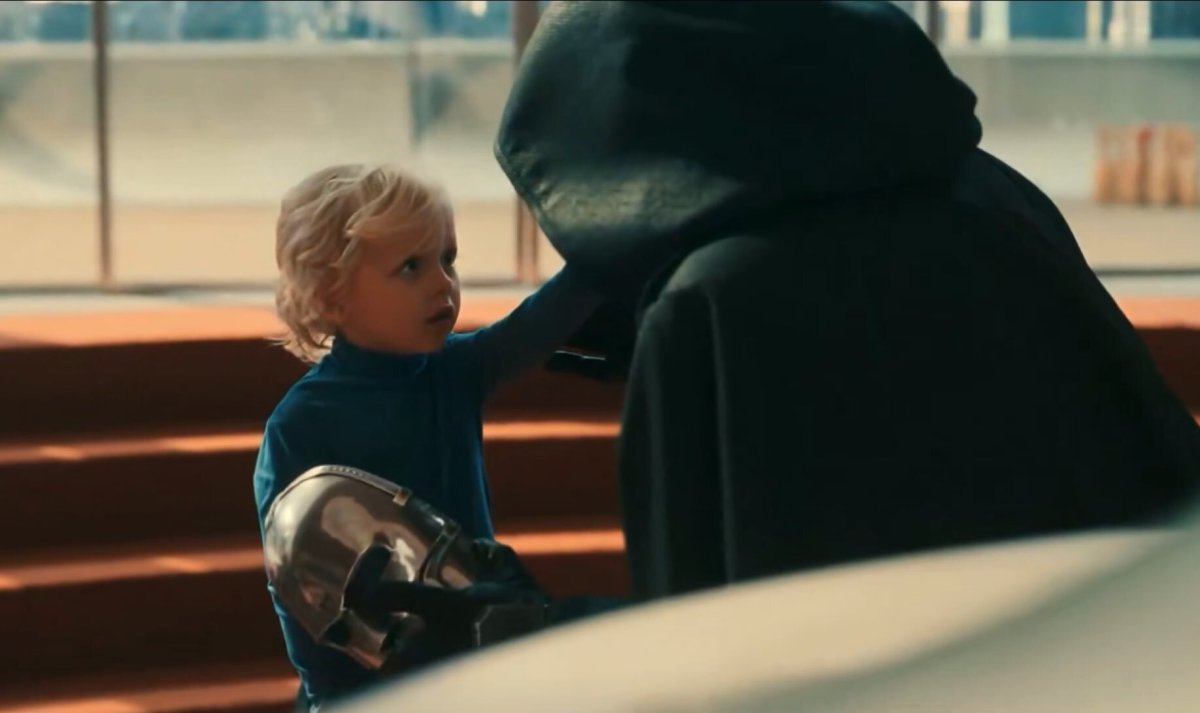
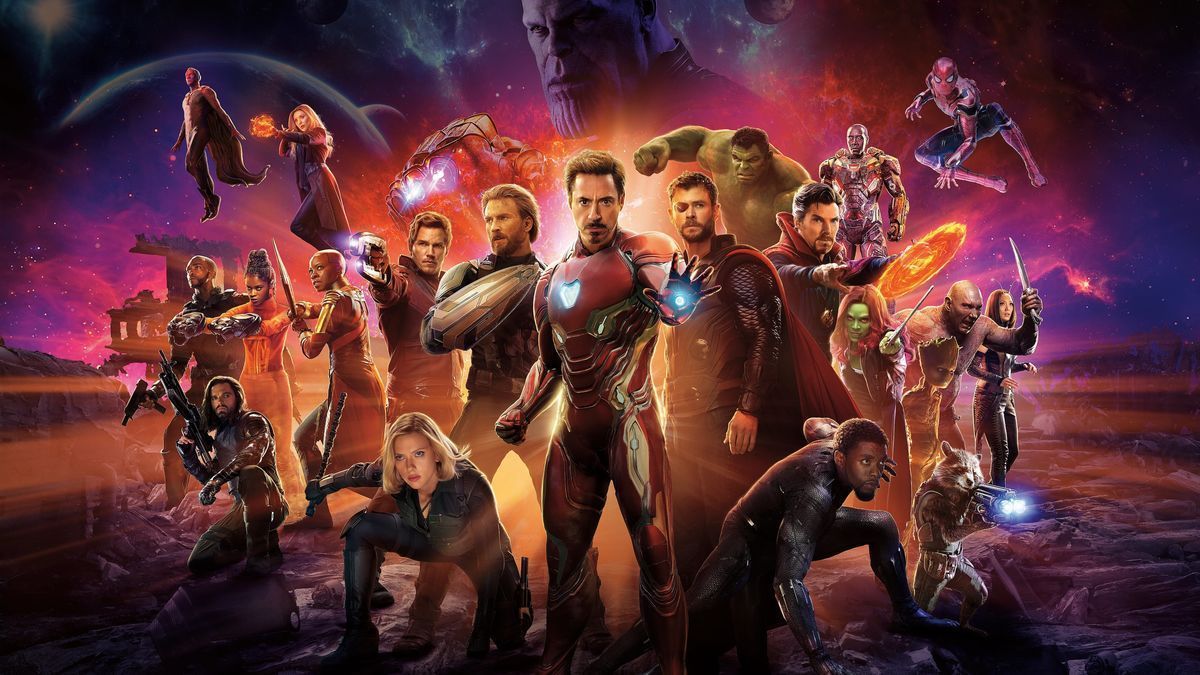
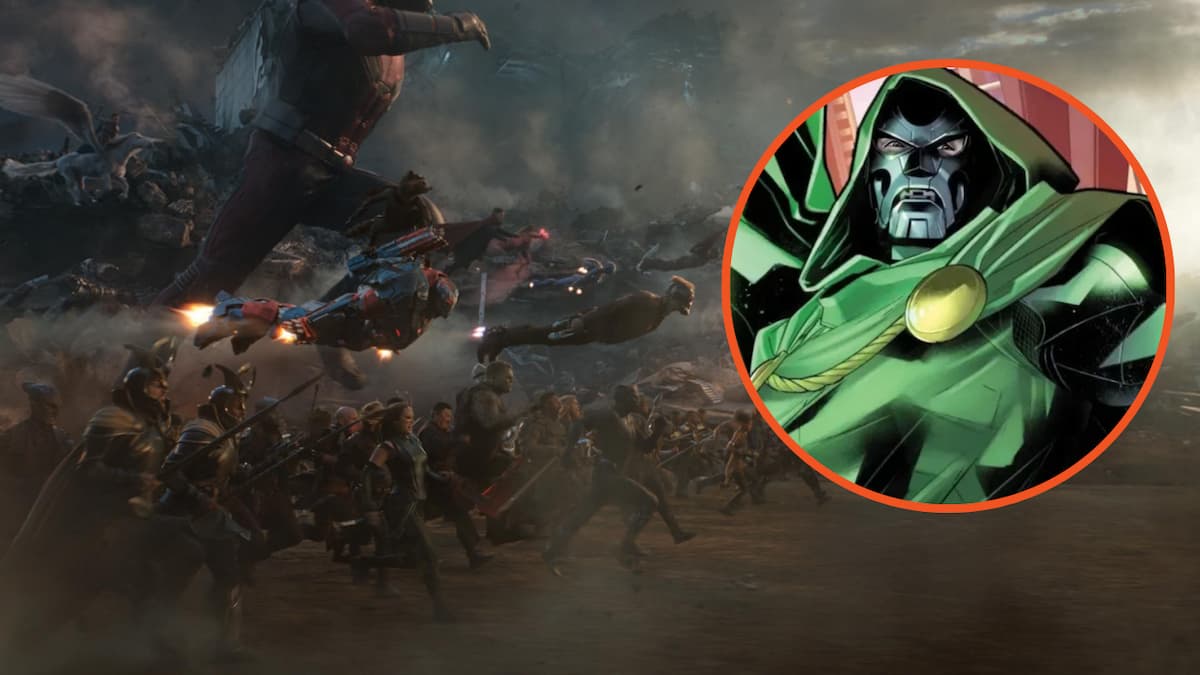
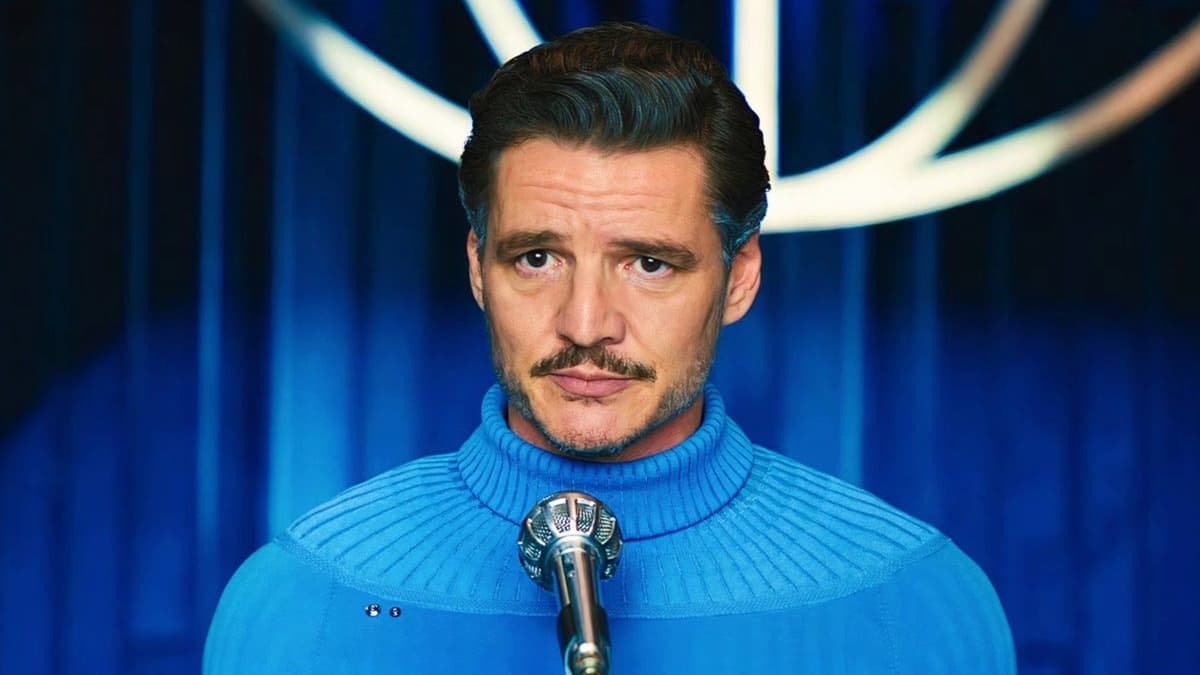
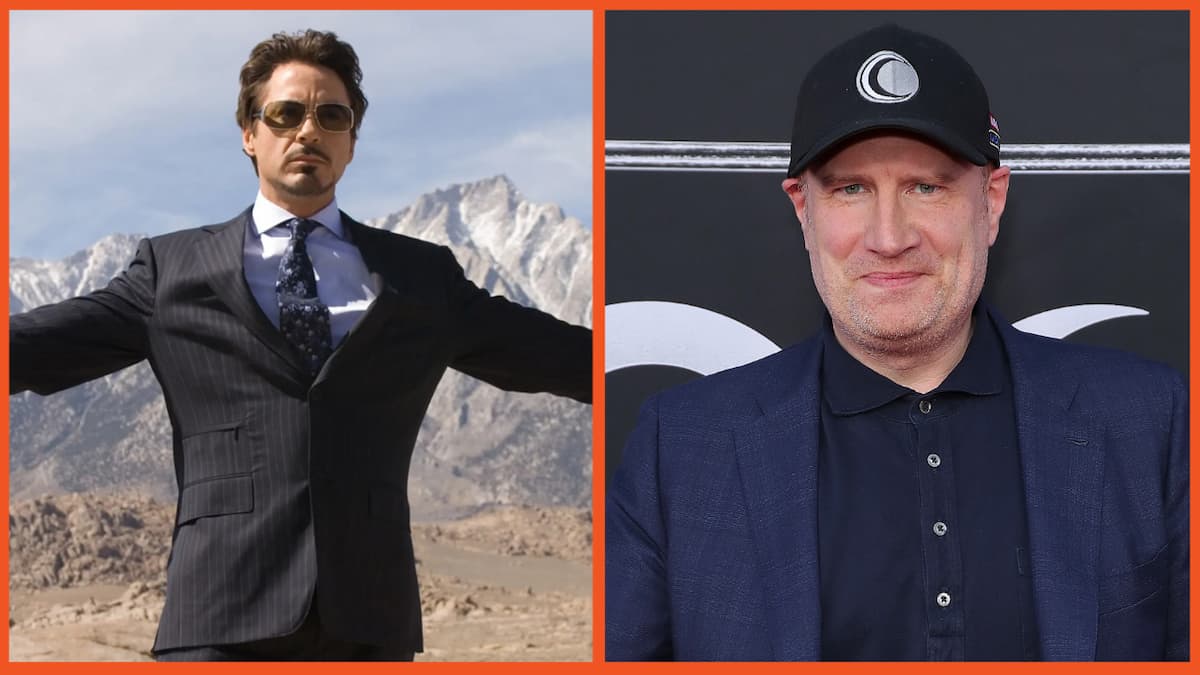
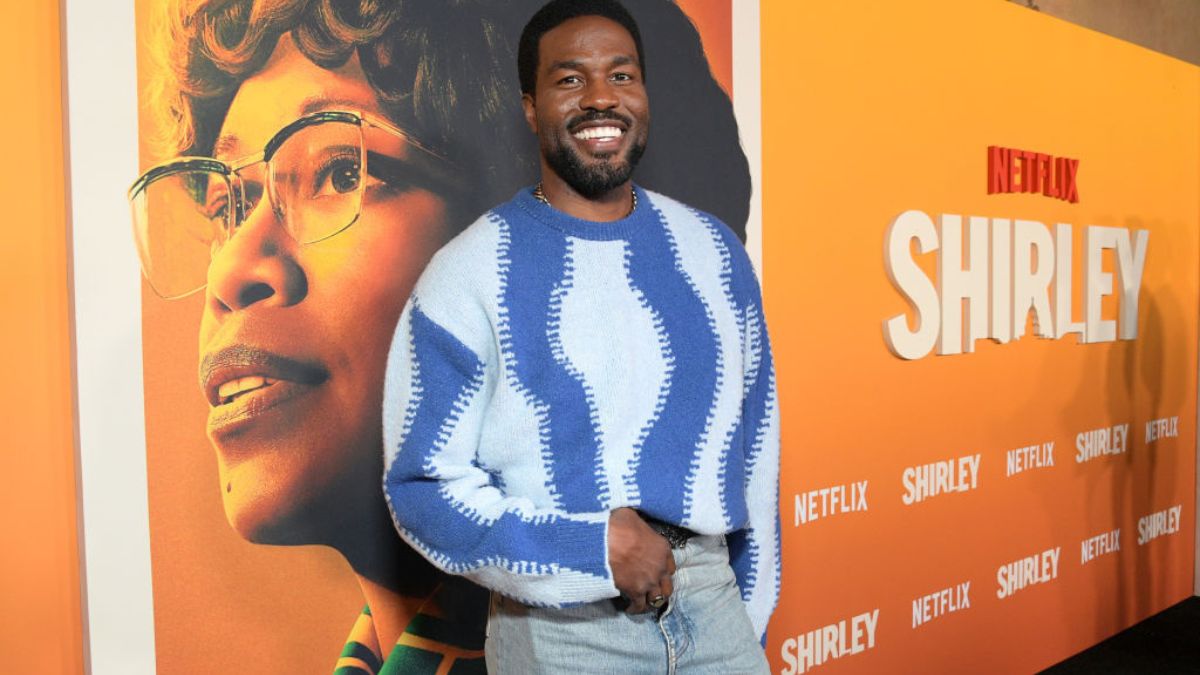
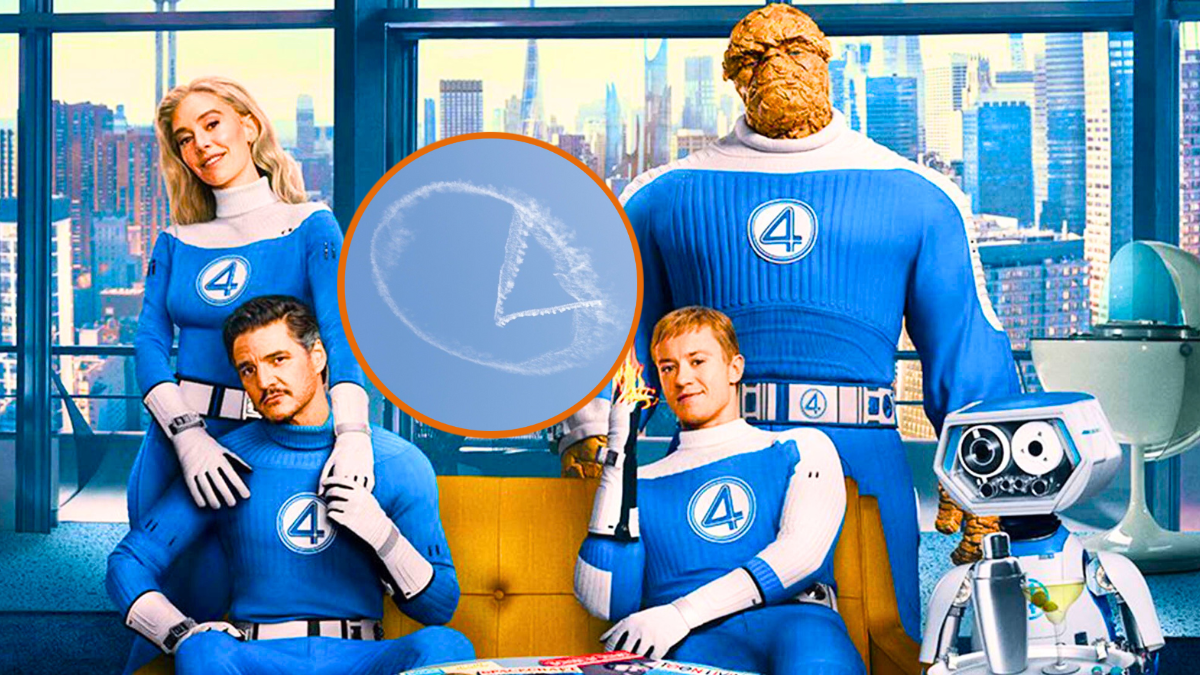
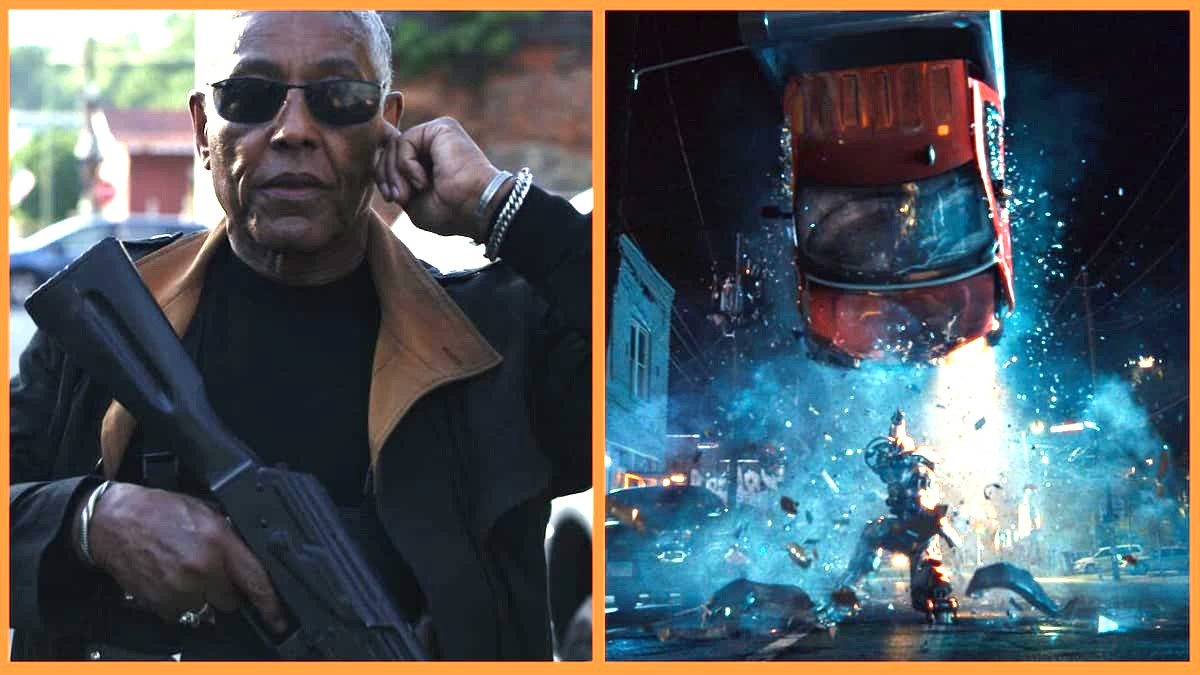
Published: Sep 8, 2016 05:08 pm